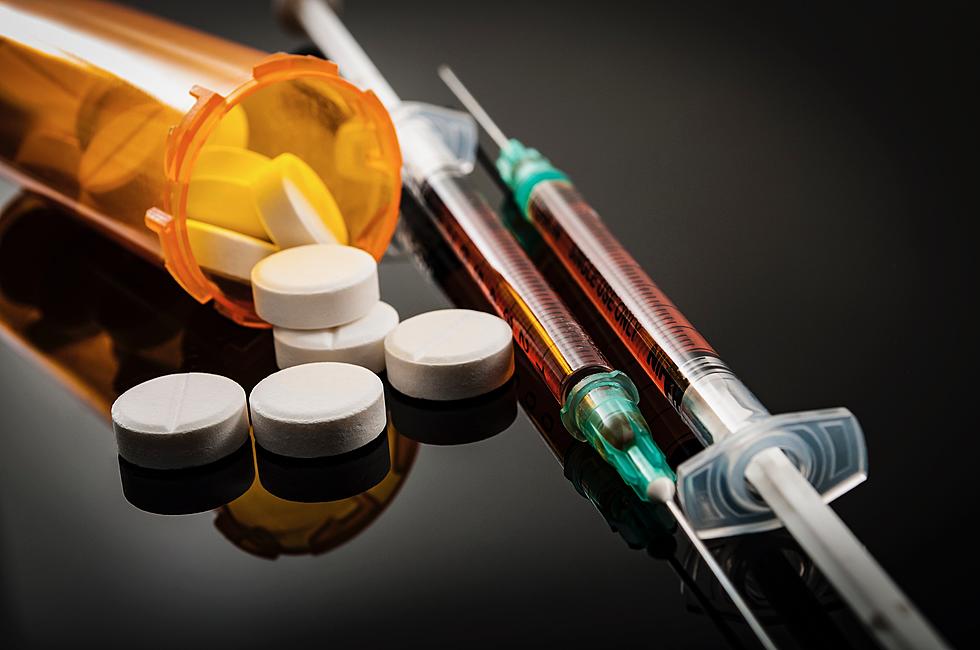
Move over, heroin: Another drug is responsible for most deaths in NJ
Overdose deaths in New Jersey mainly stem from fentanyl, and not heroin, as in years past, according to the New Jersey Addiction Professional Association.
That means counselors and specialists treating people with addictions need to recognize the drugs are different and need to be treated differently, said NJAPA president-elect Ken Litwak.
Why is fentanyl preferred over heroin by addicts?
A lot of people who use opioids said they’ve noticed differences themselves when using fentanyl. The drug has somewhat different euphoric effects, and different withdrawal effects, and therefore has to be treated differently from heroin, Litwak said.
But he said people prefer fentanyl to heroin because it is a consumer-driven industry, it’s less expensive and easily accessible and available. People who are selling it are also able to make a higher profit margin by using fentanyl, as opposed to heroin.
How are New Jersey's numbers?
New Jersey is one of the very few states where the number of overdose deaths is even. The state has leveled off over the last couple of years. Overdose deaths in most states in the country are still on the rise.
He said New Jersey did not have a statistically significant increase in overdose deaths in the first year of the pandemic. Eight states in 2020 had a higher number of overdose deaths, according to the CDC. New Jersey had 2,840 deaths that year, but the state has a very large population, Litwak said.
New Jersey ranks 8th in the country in overdose deaths, according to CDC statistics. While we’re in the top 10, Litwak says the state is not in the top five, so that’s a bright spot.
The state also ranks 18th in the rate of overdoses.
Is New Jersey working to combat the problem?
Despite glimmers of hope, New Jersey is not out of the woods when it comes to combatting this issue. Litwak said if it does not keep doing what it’s doing such as informing and educating the public about the consequences of fentanyl, numbers could flare up again.
New Jersey is pulling out all the stops to do everything it can to combat the problems. Litwak called the state a leader in this field in trying to combat the epidemic. Money is being spent to try to combat the issue with more treatment and addiction facilities and programs. More people are getting into treatment, as well.
Since it takes far less fentanyl than heroin to overdose a person, Litwak believes that is the word that’s hitting the street most quickly.
What more can be done?
But more can always be done. He said it would help to streamline the process for counselors to become licensed. It does take a while for counselors, once they have met the criteria to become licensed. Doing more to reduce stigma to help people get into treatment would also be beneficial, he said.
More communication is needed between counselors and addiction therapists. Litwak said not everybody may realize that patients are being treated for fentanyl overdoses and not heroin, which makes communication even more vital in saving lives.
Litwak said after fentanyl, another drug making its way up the ranks is tranq---a strong animal tranquilizer. It is not an opioid. So, it can’t be treated with opioid-blocking drugs. Unfortunately, when people on tranq go into detox, there is no medication to comfort them through detox, so they drop out.
Jen Ursillo is a reporter and anchor for New Jersey 101.5. You can reach her at jennifer.ursillo@townsquaremedia.com
Click here to contact an editor about feedback or a correction for this story.
Here's where NJ legal weed is sold
More From 94.3 The Point










